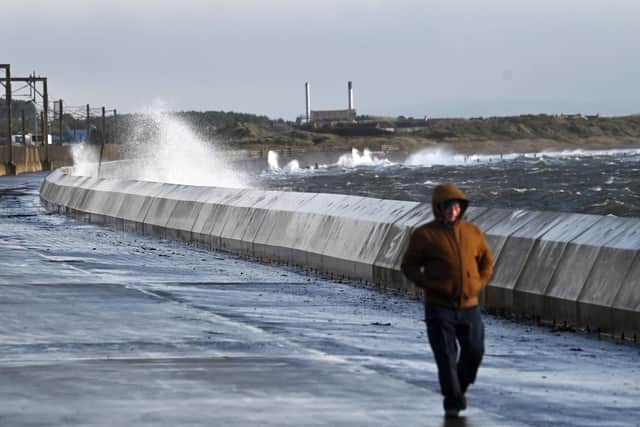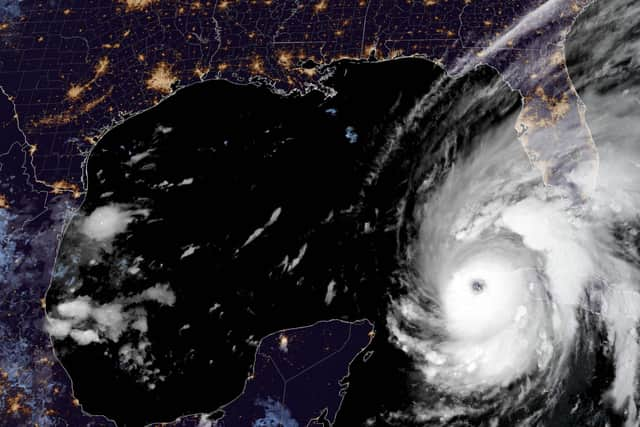Why hurricanes might be coming to European and UK shores more often
Winds of nearly 100mph were recorded on the peak of Cairn Gorm during the storm, while massive waves lashed the coastline. The resulting damage cost Scotland more than £100 million.
Just days ago, ex-hurricane Fiona battered Canada as one of the country’s fiercest storms on record.
Advertisement
Hide AdAdvertisement
Hide AdWhile cyclones are common in Europe, only around two ex-hurricanes reach the continent each year – typically between August and November.
However, they can bring extremely strong winds and heavy rainfall, with some of the strongest storms on record across Europe being ex-hurricanes.
But why some hurricanes make it over here as ex-hurricanes while others don’t has been unclear.
Now experts suggest climate change coupled with the jet stream – a core of strong winds blowing from west to east – could be the key driving forces.


Evidence suggests storms are becoming increasingly powerful, with higher winds and greater rainfall, as global warming pushes air and sea temperatures up.
In a new study, released this week, academics concluded stronger hurricanes that are re-powered by jet stream winds are twice as likely to cross the Atlantic and wreak havoc in Europe than weaker ones.
“They seemingly retain some memory of their strength in the tropics,” said study leader Elliott Sainsbury, PhD researcher at the University of Reading.
“As stronger hurricanes may become more frequent under climate change, we could also see more ex-hurricanes reaching Europe in the future.”


Advertisement
Hide AdAdvertisement
Hide AdAnd they are warning there could be an increase in the number of these extreme tropical storms coming this way as world temperatures continue to rise.
Hurricane Ian is now causing mayhem across the Atlantic, with 125mph winds having already struck Cuba and now heading for the US.
A state of emergency has been declared in the state of Florida, where the storm is expected to make landfall tonight into early tomorrow morning.
More than 300,000 residents have been urged to evacuate, and Nasa has postponed the launch of moon rocket Artemis as a result.
Thankfully forecasting has improved since the ‘surprise’ Great Storm of 1987, when TV weatherman Michael Fish famously assured viewers that a hurricane was not heading for the UK.
Comments
Want to join the conversation? Please or to comment on this article.
